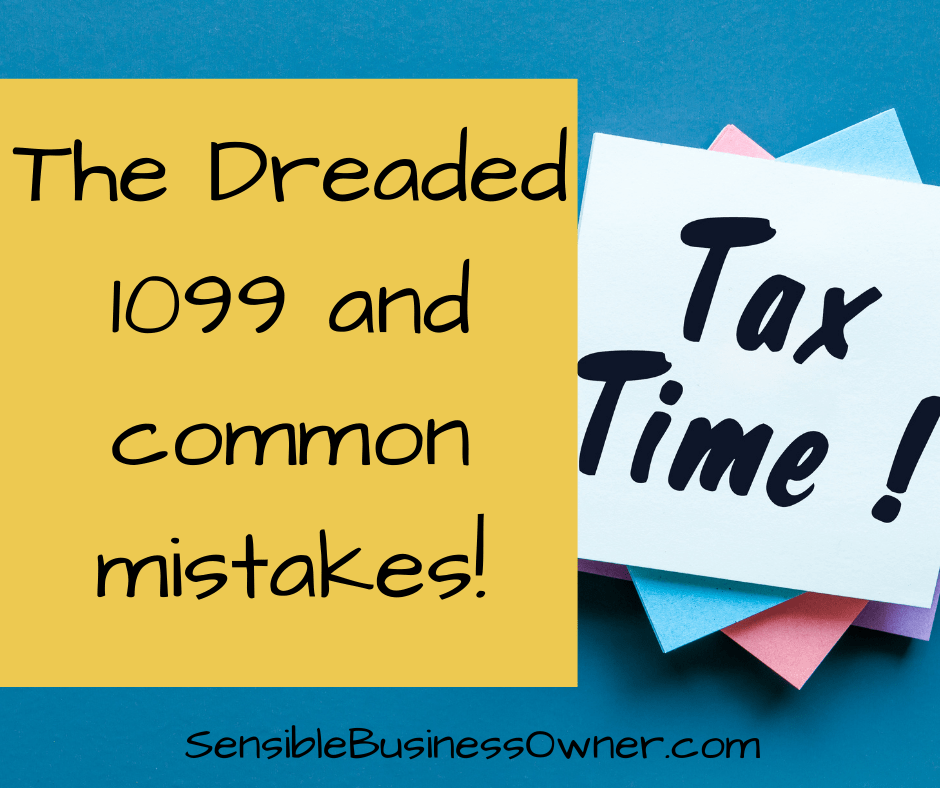Be sure to leave us a comment. You might also like the article, Are you ready for tax time?
~ Brandon & Christi are successful business owners who enjoy traveling and making a mess in the kitchen with their two daughters.
The article is for informational purposes only and should not be construed as business, accounting or legal advice. Details are subject to change without notice.
Copyright © 2018-2022, Brandon & Christi Rains, Rains Group LLC DBA The Sensible Business Owner, ALL RIGHTS RESERVED

